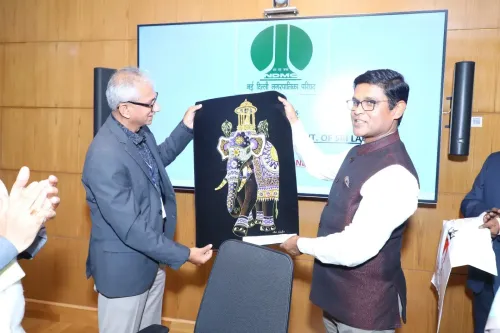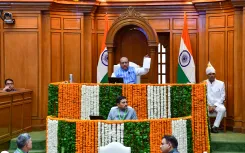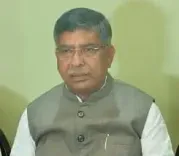Did the Supreme Court Clear the Doctor of Medical Negligence in Delivery Death Case?

Synopsis
Key Takeaways
- The Supreme Court annulled the NCDRC's ruling against Dr. Kochhar.
- Jurisdictional overreach by the NCDRC was a key issue in the case.
- The court relied on expert medical opinions that found no negligence.
- Clear distinction between antenatal and post-delivery care was emphasized.
- The ruling underscores the complexities of medical negligence law.
New Delhi, Sep 10 (NationPress) The Supreme Court has annulled a decision from the National Consumer Disputes Redressal Commission (NCDRC) that found a physician from a private hospital accountable for medical negligence leading to the demise of a mother and her newborn during childbirth.
A Bench comprising Justices Sanjay Kumar and Satish Chandra Sharma determined that the NCDRC had "overstepped" its jurisdiction by attributing negligence concerning antenatal care and management, when the complainant’s allegations were strictly related to supposed failures in post-delivery care.
“The NCDRC distinctly misjudged by constructing a new argument on behalf of the complainant and placing negligence and responsibility upon Dr. Kanwarjit Kochhar regarding antenatal care, which was not part of the original complaint,” stated the Justice Kumar-led Bench.
This case stemmed from the tragic 2005 incident involving Charanpreet Kaur, a bank manager who was temporarily serving as a lecturer at the Punjab Institute of Cooperative Training, along with her newborn, post-delivery at Deep Nursing Home, Chandigarh.
The State Consumer Commission (SCDRC) deemed both Dr. Kochhar and the hospital negligent in their post-delivery duties, mandating a compensation payment of Rs 20.26 lakh to the complainant, alongside litigation expenses of Rs 10,000.
Upon appeal, the NCDRC in 2015 altered the SCDRC’s ruling, clearing the hospital of wrongdoing while still holding Dr. Kochhar personally accountable for inadequate antenatal supervision.
In reversing the NCDRC’s decision against Dr. Kochhar, the apex court also acknowledged the findings of medical boards that reported no deficiencies in treatment.
“The conclusions from the medical experts, who were part of these Medical Boards/Committees, significantly favored Dr. Kanwarjit Kochhar, as none found any medical negligence on her part. [T]hese experts were appointed at the request of Manmeet Singh Mattewal (the complainant), so he cannot ignore their conclusions,” the court noted.
The Supreme Court reaffirmed the guideline established in the Jacob Mathew vs. State of Punjab case, emphasizing that not every treatment failure equates to an automatic presumption of medical negligence.
“Just because a patient did not respond positively to a physician's treatment or if a surgical procedure failed, does not mean the doctor can be held liable automatically under the doctrine of res ipsa loquitur,” the Justice Kumar-led Bench declared.
Ultimately, the highest court nullified the NCDRC’s ruling and instructed the complainant to return the Rs 10 lakh he had received earlier in relation to the case.









